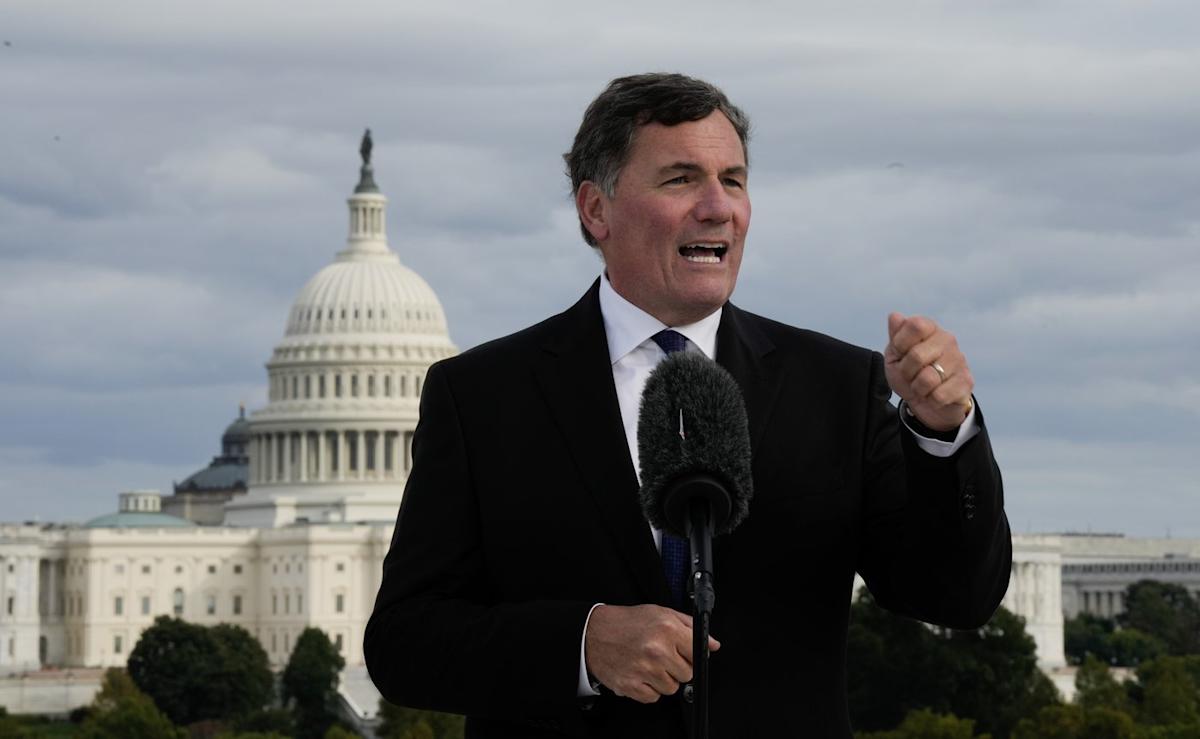VANCOUVER — British Columbia Premier David Eby says the province won’t be running a series of anti-tariff advertisements for the American public on its own.
Eby, speaking alongside Dominic LeBlanc, the minister responsible for Canada-U.S. trade, said the shift in strategy is to ensure communications with U.S. authorities are aligned with federal officials as they discuss softwood lumber tariffs from the United States.
“Minister LeBlanc didn’t have to ask,” Eby answered Monday when a reporter asked LeBlanc if he requested that the B.C. government hold off on its anti-tariff advertising campaign. “I knew that it was a source of anxiety for many people, including potentially the federal government.”
The decision comes after U.S. President Donald Trump last month blamed an anti-tariff ad campaign by Ontario for his cancellation of trade talks with Canada.
The premier said the planned ad campaign by B.C. came up at the Vancouver summit on how to prop up the forest industry in the face of American fees and tariffs.
“Given the reaction to the Ontario tariffs, one of my commitments to the federal government was that if they came to the table with us, if they sat with us, that we would work with them on communications, on strategy, on how to support the sector and how to move forward,” he said as the meeting wrapped up.
He said LeBlanc and his team wanted an “integrated approach” and B.C. will ensure future communications are in line when it comes to speaking with the Americans.
Eby said that the forest industry in Canada is larger than the automotive sector and it deserves to be treated with respect.
After the meeting Monday, he said he’s confident the federal government understands that.
“This was very heartening to me. I felt like we were going it alone there for a while, and to know that we’ve got this federal team in our corner is hugely helpful to me and resulted in our commitment to work forward in terms of any communications with Americans with the federal government.”
In September, the Trump administration imposed anti-dumping and countervailing duties on Canadian companies ranging from 26 per cent to more than 47 per cent, then threatened to add another 10 per cent last month, claiming Canada’s industry is a risk to U.S. national security.
Eby announced that there will be a working group to set out supports for the sector.
Kim Haakstad, the president of the BC Council of Forest Industries, said in a statement that the group is pleased the governments are working together to keep people working – even when markets are challenging.
